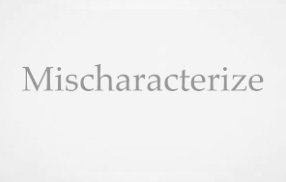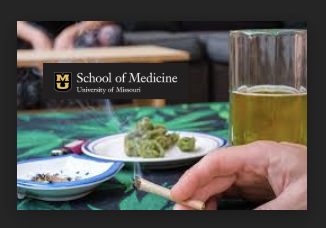All we can say here at CLR is ..
“what a surprise” former AGs’ who are anti-cannabis mischaracterizing facts and data, well, blow me down with a feather who’d have guessed?
A big thumbs up to Bob and Forbes for calling them out..
Here’s just a touch of what Bob has to say after closely reading their letter
In the letter, the authors properly cited various source items and crafted appropriate footnotes. However, the authors failed to attribute a material source and improperly mischaracterized the findings from said source.
Specifically, in this letter, the AGs discuss the hemp derived cannabinoid marketplace being worth $28 billion dollars. There is only one person who has published this number – Beau Whitney, of Whitney Economics. The AGs fail to provide any proper source citation or credit to this figure; yet they use it freely and choose to mischaracterize this number.
Then, after including the hemp industry market number of $28 billion dollars, without proper citation, the authors go on to mischaracterize the demand category associated with this $28 billion figure as resulting from a “gray market” —
“Because of the ambiguity created by the 2018 Farm Bill, a massive gray market worth an estimated $28 billion has exploded, forcing cannabis-equivalent products into our economies regardless of states’ intentions to legalize cannabis use, and dangerously undermining regulations and consumer protections in states where adult-use legal cannabis programs are already in place.” (emphasis added)
This suits the intentions of the authors for sure (to suggest that the hemp industry is not regulated), but there are a few problems with this:
(1) there was no source of this data listed. It should have been, at a minimum, Source: Whitney, 2023 National Cannabinoid Report, Whitney Economics (2023); and,
(2) The characterization is inaccurate. The $28 billion market is not entirely gray market activity. In fact, in his report, Beau Whitney goes to great lengths to trifurcate this data into ‘legal demand,’ ‘restricted demand,’ and ‘prohibited’:
– Legal Demand – $14.3 billion in state-regulated-legal sales;
– Restricted Demand – $7.0 billion in restricted sales (sales in states that have limitations on sales); and,
– Prohibited – $7.1 Billion in states where it is prohibited.
Source: Whitney, 2023 National Cannabinoid Report, Whitney Economics (2023)
Therefore, to characterize this as $28 billion dollars in so-called ‘gray market’ sales is inflating the gray market value by close to 400%. For perspective, the ILLICIT market for marijuana in the U.S. in 2023 was $73.9 billion (Whitney Economics), which is 10 times greater than the so-called “gray” hemp derived market.
“The fact that this failure to attribute credit and mischaracterization was intended for political gain threatens the integrity of my work and was inappropriate for the AGs to publish,” says Whitney.
In addition, it is important to note that the Farm Bill’s hemp provisions represent federal law that every state is bound by; whether through that state’s own USDA-approved plan, or by or through the USDA Hemp Producer License as a default. And hemp and the resulting products are lawfully allowed to contain up to .3% Delta 9 THC. Delta 9 THC is a substance that produces a psychotropic or intoxicating effect. Thus, the entire basis of the federal law, since 2014, has been to allow cannabis plants and resulting derivatives that contain this intoxicating compound. Are these AGs seeking to undo the entirety of the federal law? Are they seeking to create a scenario whereby only cannabis plants with zero percent Delta 9 THC are allowed? These seem like extreme requests and would kill a burgeoning industry.
And notably, the Farm Bill does not regulate downstream products, but creates a general legal authorization for all derivatives and compounds that come from a federally defined hemp plant, and this includes Delta 9 THC, which is by nature, intoxicating. So, are these AGs aiming at other forms of intoxicating hemp derivatives, such as Delta 8 THC products?
Read the full article




















